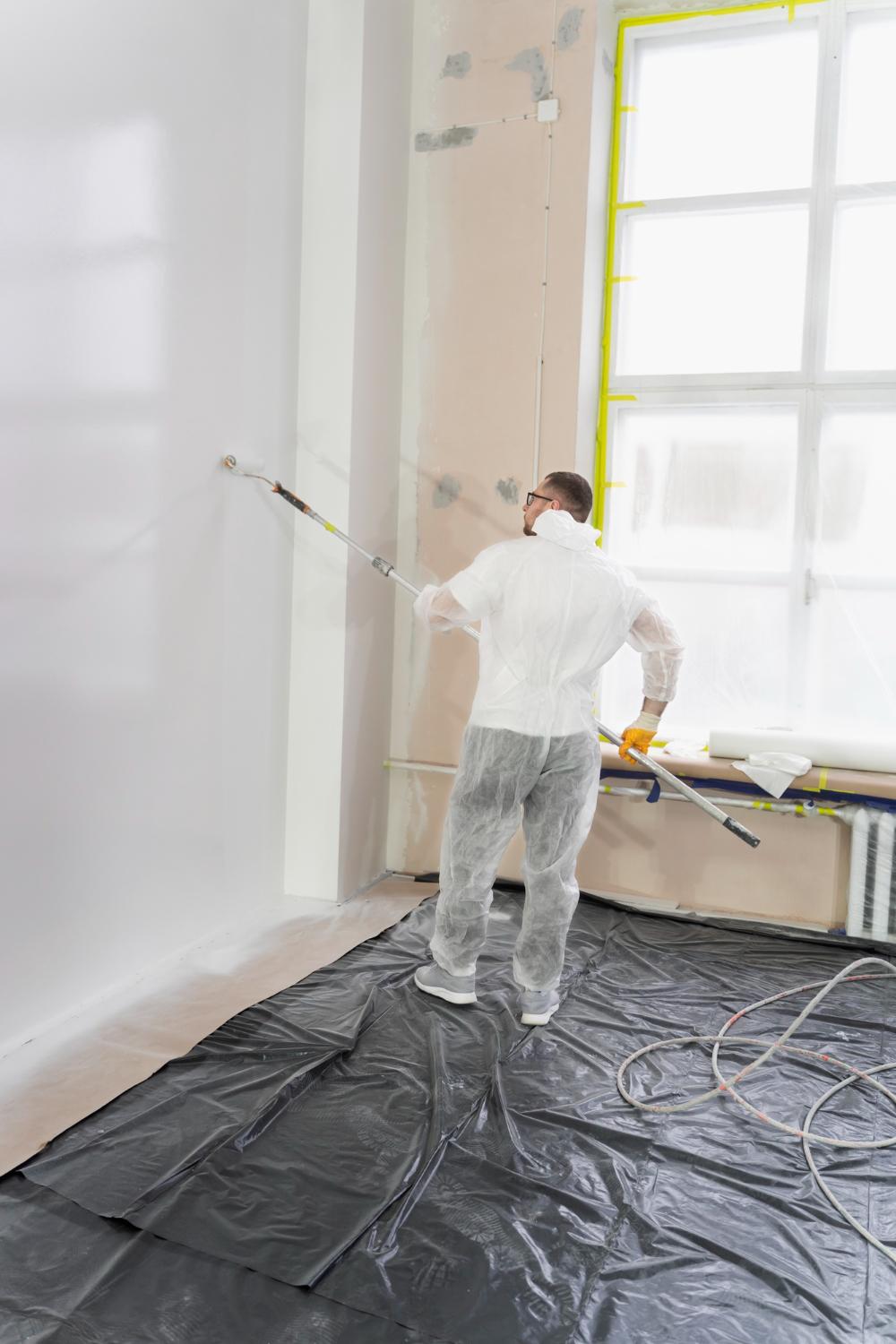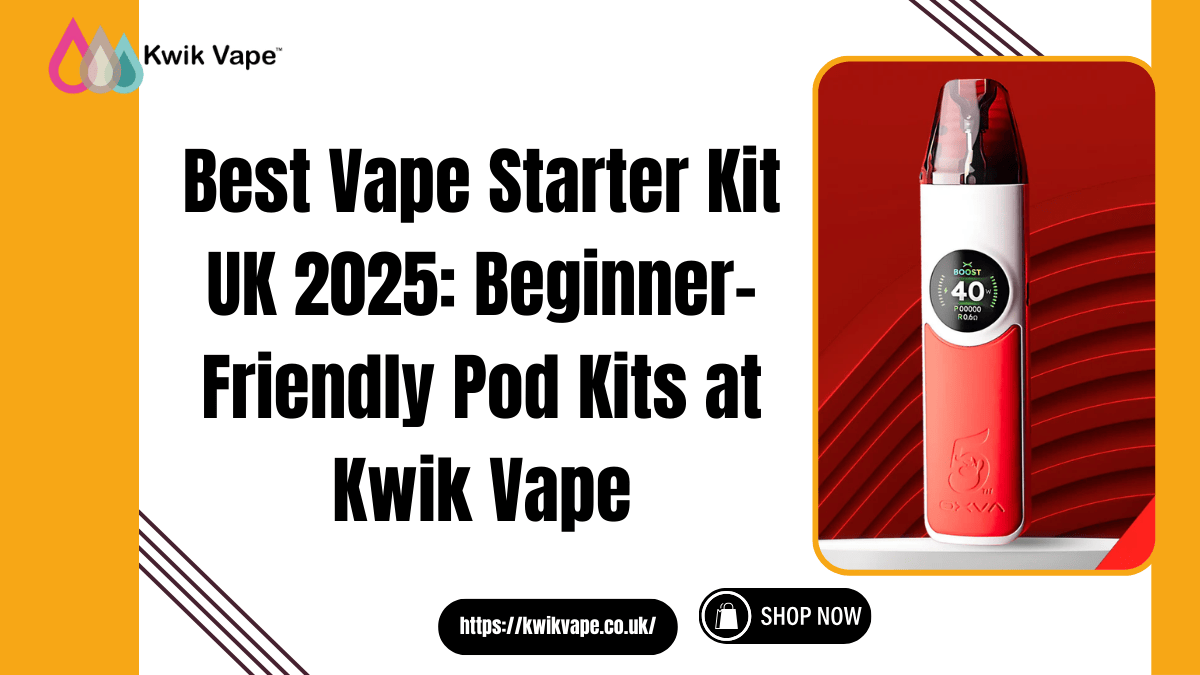Gesponsert
A Comprehensive Look at Commercial Spray Foam Insulation in the United States

In the commercial building sector, insulation plays a pivotal role in controlling energy costs, ensuring indoor comfort, and maintaining the structural integrity of a facility. Among the various insulation options available, commercial spray foam insulation has emerged as a preferred solution for many construction professionals and property managers across the United States. Known for its versatility and high performance, this insulation method is commonly applied in office buildings, warehouses, retail centers, industrial facilities, and multi-family housing units. This article explores the characteristics, benefits, application methods, and considerations associated with commercial spray foam insulation in the context of U.S. building practices and energy regulations.
What Is Commercial Spray Foam Insulation?
Commercial spray foam insulation is a type of insulation applied in liquid form that expands into a foam, sealing surfaces and filling gaps. It is primarily used in commercial buildings to improve thermal resistance, reduce air leakage, and enhance energy efficiency. The two primary types of spray foam used in commercial applications are open-cell spray foam and closed-cell spray foam.
-
Open-cell foam is less dense, allowing for more flexibility and better sound absorption.
-
Closed-cell foam is more rigid, has a higher R-value per inch, and acts as a vapor barrier, making it ideal for areas prone to moisture exposure or requiring additional structural strength.
These spray foam types serve different roles depending on building codes, environmental conditions, and the specific goals of the insulation project.
Energy Efficiency in Commercial Buildings
Energy use in commercial buildings accounts for a significant portion of overall energy consumption in the U.S., including heating, cooling, and ventilation systems. Poor insulation is one of the leading causes of energy waste. Commercial spray foam insulation offers high-performance thermal resistance, helping building owners meet energy codes and reduce utility costs.
Unlike traditional insulation materials, such as fiberglass batts or rigid foam boards, spray foam can fill irregular spaces and small gaps in walls, ceilings, and floors. This creates an air-tight seal, which significantly reduces thermal bridging and air infiltration—both of which are critical for maintaining consistent indoor temperatures in large commercial spaces.
Advantages of Using Spray Foam Insulation in Commercial Settings
-
Air Sealing Capability
Commercial buildings often contain numerous penetrations in the building envelope for piping, wiring, and ductwork. Spray foam insulation expands upon application and conforms to these spaces, creating an effective air barrier. This helps reduce energy loss and improves HVAC efficiency. -
High R-Value Per Inch
Closed-cell spray foam typically has an R-value of around 6.0 to 7.0 per inch, making it one of the most efficient insulation materials available. In commercial applications where space is limited or where higher thermal resistance is needed, this can be especially beneficial. -
Moisture and Vapor Resistance
Many commercial buildings face moisture issues, particularly in basements, crawl spaces, or areas with high humidity. Closed-cell spray foam acts as both an insulation and a moisture barrier, helping prevent mold, mildew, and long-term water damage. -
Structural Reinforcement
Due to its rigidity, closed-cell foam can add a degree of structural support to walls and ceilings. This added strength can be helpful in metal buildings or in regions prone to strong winds and extreme weather events. -
Noise Reduction
Open-cell spray foam offers excellent sound-dampening properties. In office buildings, schools, or mixed-use commercial spaces, reducing noise transfer between rooms and floors can improve the functionality and comfort of the building. -
Longevity and Low Maintenance
Spray foam insulation does not settle or degrade over time like some traditional materials. Once installed, it typically maintains its effectiveness for the life of the building, reducing the need for future replacements or upgrades.
Application Areas in Commercial Buildings
Commercial spray foam insulation is suitable for various areas within a building, including:
-
Roof Systems – Flat and metal roofs can benefit from spray foam applied directly to the underside for insulation and water resistance.
-
Wall Cavities – Ideal for sealing wall voids to reduce thermal bridging and increase energy performance.
-
Ceilings and Attics – Helps maintain consistent temperatures and reduce load on HVAC systems.
-
Basements and Crawl Spaces – Protects against moisture intrusion and insulates spaces often overlooked in commercial ***gns.
-
Mechanical Rooms and Ductwork – Reduces energy loss and protects equipment from temperature fluctuations.
Building Code Compliance and Environmental Standards
In the United States, commercial buildings must adhere to federal, state, and local energy codes, including standards set by the International Energy Conservation Code (IECC) and ASHRAE 90.1. Many of these codes emphasize the importance of high-efficiency insulation and proper air sealing, making spray foam an advantageous choice.
Additionally, environmental considerations are gaining importance in commercial construction. Concerns related to the global warming potential (GWP) of spray foam blowing agents have led to the development of more eco-friendly formulations. Many spray foam products now use hydrofluoroolefins (HFOs) as a blowing agent instead of older, higher-GWP chemicals.
Contractors and building owners are encouraged to verify that the spray foam insulation being used meets environmental and safety certifications, such as GREENGUARD Gold or LEED compliance for green building practices.
Installation Considerations and Safety
Installing commercial spray foam insulation requires trained professionals due to the use of chemicals that expand rapidly and emit vapors during application. Proper ventilation, protective equipment, and adherence to safety guidelines are essential during installation.
Furthermore, because spray foam forms a tight seal, commercial buildings must ensure that adequate mechanical ventilation is incorporated into the ***gn to maintain healthy indoor air quality. Without proper ventilation, high indoor humidity levels or buildup of contaminants can become an issue.
Also, fire safety is a crucial factor. Building codes may require thermal or ignition barriers over spray foam insulation in certain commercial applications. These barriers are essential to meet fire-resistance standards and to protect occupants in case of emergency.
Cost Implications
The cost of commercial spray foam insulation is generally higher upfront compared to other insulation methods. Prices vary depending on the type of foam, area to be covered, building accessibility, and regional labor rates. However, the return on *** can be realized over time through reduced energy bills, improved HVAC performance, and minimized maintenance costs.
Life-cycle cost ***ysis often shows that despite the higher installation costs, spray foam insulation can lead to long-term financial benefits in commercial settings.
Limitations and Challenges
While the advantages of commercial spray foam insulation are significant, there are limitations to consider:
-
Initial ***: Higher installation costs can be a barrier for some building projects.
-
Re-Entry Time: Areas where spray foam is applied may need to remain unoccupied for a period post-installation due to off-gassing.
-
Incompatibility with Certain Substrates: Some building materials may not bond well with spray foam unless properly prepared.
-
Retrofitting Complexities: In existing buildings, especially those with intricate internal systems or historical construction, applying spray foam may require additional planning and labor.
Conclusion
As energy efficiency, indoor comfort, and sustainable building practices become more important in the commercial sector, commercial spray foam insulation continues to stand out as a high-performance solution. Its ability to provide a seamless air barrier, high thermal resistance, and long-term durability makes it well-suited for a wide range of applications in U.S. commercial buildings.
Nevertheless, it's essential for project managers, architects, and building owners to evaluate both the benefits and limitations of spray foam insulation in the context of their specific projects. Careful planning, professional installation, and compliance with building codes are key to achieving optimal performance and maximizing the return on ***.





